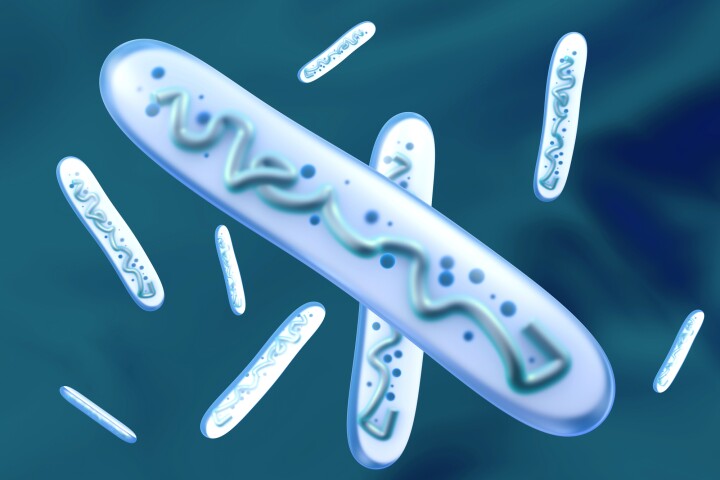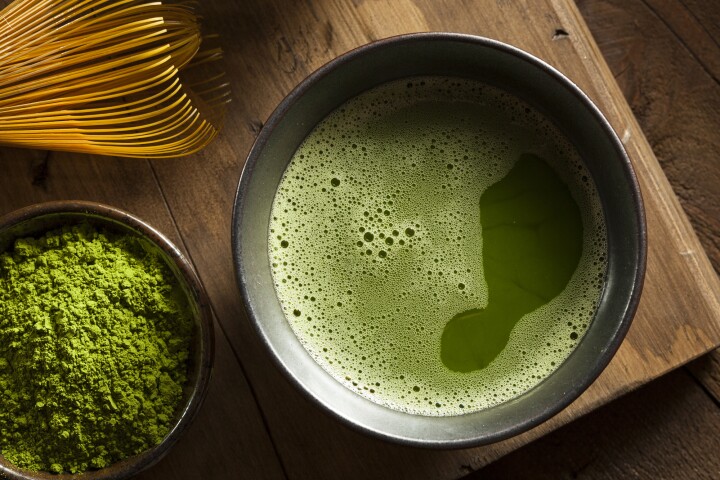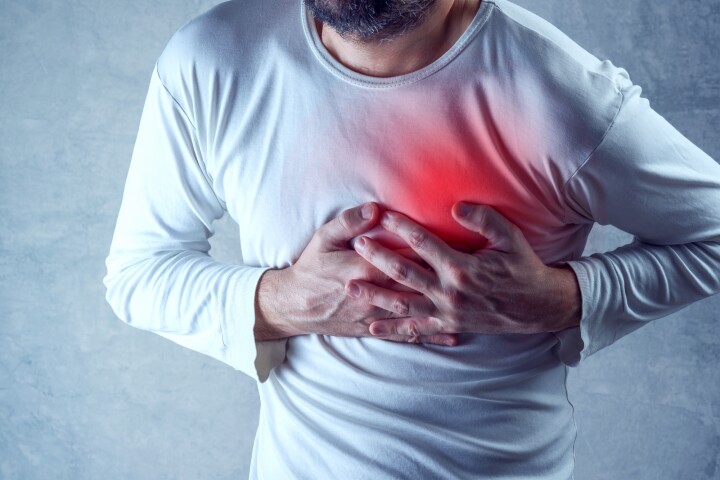Stress
-
Researchers have identified how Lactobacillus, a member of our guts’ microbiome community, affects a critical immune system protein, influencing stress levels and mental health. The findings could lead to new treatments for depression and anxiety.
-
A new study has revealed that the body’s hormone stress response is why some people develop post-traumatic stress disorder following trauma exposure, and others don’t. The finding could lead to more targeted treatments for the condition.
-
Whether they're in machines, buildings or aircraft, it's always helpful to know if components are undergoing mechanical stress. A new material could quickly and easily let inspection personnel know, utilizing integrated glowing algae.
-
Ongoing stress can take a sizeable toll on the body, including higher risks of obesity, graying hair, hypertension, diabetes and cardiovascular disease. And it may be just as damaging to the brain, even doubling the risk of developing dementia.
-
A study of white-collar workers has found that men who experience work stress coupled with a job that requires high effort for low reward are at double the risk of developing heart disease, having a similar impact on heart health as obesity.
-
Breathing exercises – in which a person takes slow, deep breaths – have been shown to reduce stress and anxiety. Focusing on breathing in this manner can be difficult, however, which is where the PAWS "breathing ball" is designed to come in.
-
Stress and depression often go hand-in-hand. Now, new research has discovered that the antidepressant agent KNT-127 can also reduce stress levels. This opens the door to the development of treatments that can alleviate both depression and stress.
-
For some people, wandering around a gallery to ponder over a Picasso, revel in a Rembrandt, or find meaning in a Magritte can boost their mood and improve their well-being. But is the same true for viewing art online? New research says that it is.
-
One of the problems with stress is the fact that it can sneak up on you, so by the time you realize you're stressed, you're overdue for a break. Soon, however, it may be possible to warn of problematic stress by analyzing workers' typing and mousing.
-
A tea that’s been around for more than 900 years might be just what the doctor ordered as a treatment for depression. Already renowned for its health benefits, researchers have now demonstrated matcha tea’s antidepressant-like effects.
-
Heart failure caused by a heart attack is a leading cause of death worldwide and the risk factors associated with this cardiovascular disease are well known. Now, new research indicates aircraft noise should be added to that list.
-
Although there are things we can do to reduce stress, most involve stopping what we're doing – which isn't always possible. A new study, however, suggests that the automated brushing of hairy skin is an effective form of passive stress reduction.
Load More











